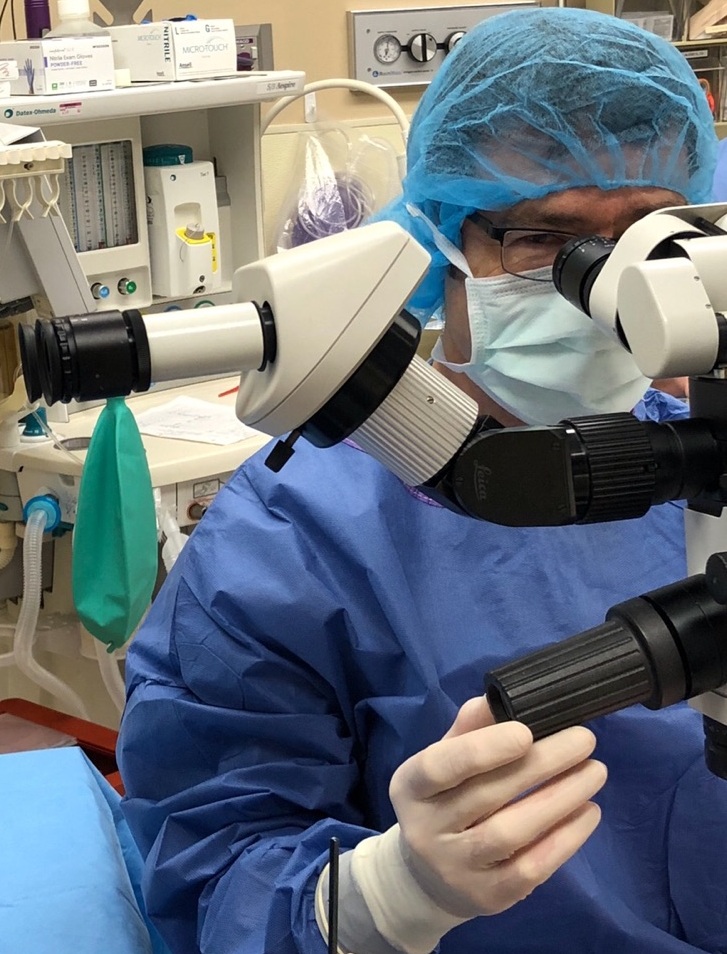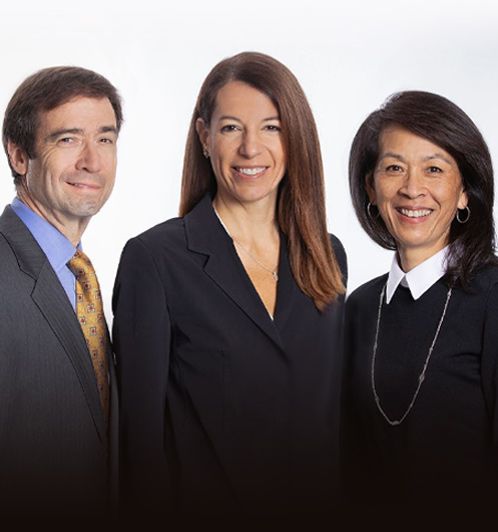What Is Refractive Cataract Surgery?
Dr. Jeffrey Minkovitz is a regular contributor to the New Castle County Women's Journal which is a quarterly publication. His article noted in the title above will be published with the next edition of the New Castle County Women's Journal and with their permission it has been included it in it's entirety on this blog.

Refractive Cataract Surgery embodies the marriage of two distinct but related eye specialties. It combines the latest innovations for removing cataracts to improve cloudy vision, with diagnostic and therapeutic advances in refractive surgery for reducing spectacle dependence. Better equipment and procedures, coupled with an understanding of how to refine refractive optics, now allow surgeons to both restore eyesight to aging eyes while at the same time improving visual performance.
Modern cataract surgery benefits from years of advances in surgical techniques and technology. Better microscopes and instruments allow for more precision, while better ultrasound and laser technology allows for a safer and more comfortable experience. Surgery, which previously took longer and produced merely acceptable results, now takes minutes, has a significantly better safety profile, and delivers dramatically improved vison. In many cases, eyesight following surgery may exceed vision before the cataract ever developed.
Advances in refractive surgery, including LASIK and PRK laser vision correction, have also created new possibilities to enhance eyesight. Refractive surgery utilizes the most sophisticated computer aided instruments to measure and treat optical aberrations. Refractive cataract surgery now applies this same understanding for creating incisions and selecting advanced technology lens implants to enhance vision with the least possible spectacle dependence. Better tools to measure the eye’s unique optics allow for more customized surgical plans. Better resolution, more contrast, and extended depth of focus is now possible with new implant designs.
For patients who underwent cataract surgery before these advances were available, new refractive surgery techniques can often be applied later to improve older results. New diagnostic tools can accurately determine causes and possible solutions for any shortcomings. The latest laser and other technologies can be applied to improve outcomes. Reduced spectacle dependence and enhanced visual performance is often an option even years later.
Patients with cataracts benefit from advances in both cataract surgery and refractive surgery. The most advanced technology and newest techniques, combined with the understanding and “focus” on refractive outcomes, produce surgical results far exceeding those available previously. A customized approach requires an informed patient and an open dialogue with the refractive cataract surgeon about the many options available.


